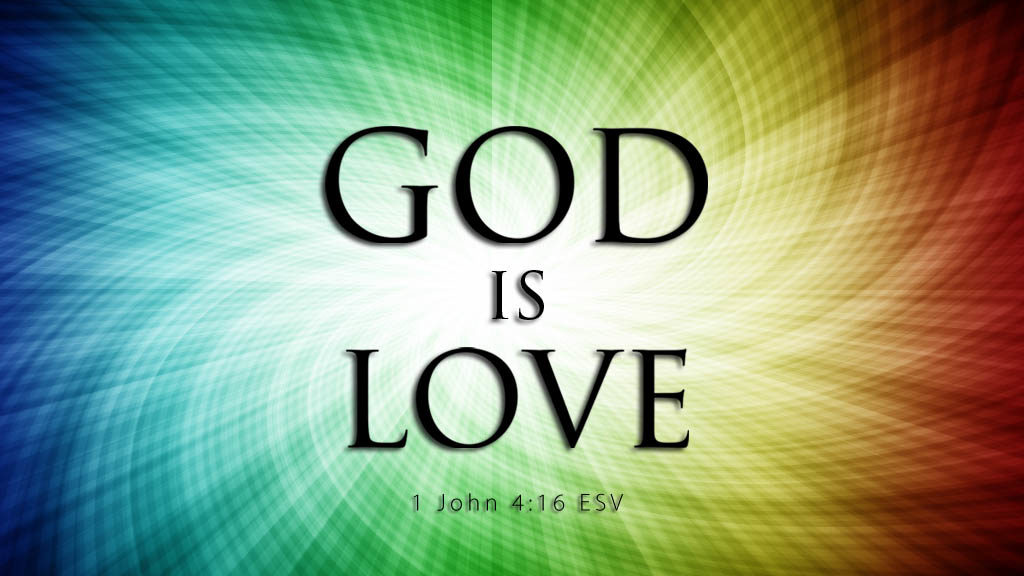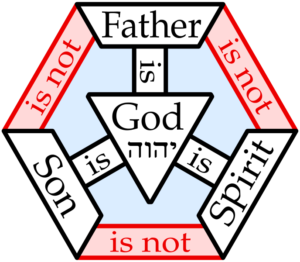One of the most difficult and hard to accept doctrine for some is the doctrine of the Trinity. It seems to be against human logic. Just what is it all about? How come others don’t seem to accept it while others embrace it?
Here’s the doctrine: God is one divine being who is Father, Son and Holy Spirit. Another way of saying it is: God is one divine being in three persons. That really makes some people go crazy and say that this doctrine is of the devil and is a doctrine of demons. And it’s quite confusing, they will quickly say!
A Matter of Revelation
That is really sad when people’s minds are closed to the revelation of Scripture. How did this doctrine come about anyway? How come Trinitarians believe in this Triune God? Well, it is simply this: It is the revelation of Scripture—so we accept it even though we may not fully understand it. And what does the Bible say? Well, here is the revelation of God from Scripture:
- God is one.
- The Father is God.
- The Son is God.
- The Holy Spirit is God.
Trust in God’s Revelation
The above facts/truths can all be found in Scripture. There may not be an explicit statement which says that “God is a Trinity” but this idea or concept is implied and can be derived and deduced from Scripture. It is the revelation of God through the Bible. Thus the early Christians—in their effort to guard against heresy—formulated this doctrine that God is one divine Being who is the Father, Son and Holy Spirit. That is the revelation of Scripture.
Thus, it is a matter of trust and faith in God that what he says in Scripture is true though one may not fully understand it. We just have to accept that some things about God’s nature may not be fully understood and is beyond our finite human understanding to fully comprehend at this time but instead it is to be accepted because it is something revealed in Scripture. God is uncreated and lives in a different dimension (or multi-dimensions). We cannot limit God and try to understand him within the limits of our three dimensional world. God is beyond our finite minds to fully comprehend. It is a paradox.
God has not left us in the dark though. We can only know who God is through the revelation of Jesus Christ. “No one knows the Son except the Father, and no one knows the Father except the Son and those to whom the Son chooses to reveal him” (NIV Matthew 11:27). Knowing Jesus is knowing God.




